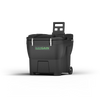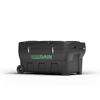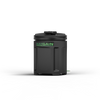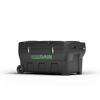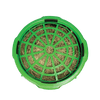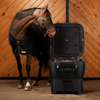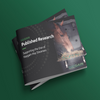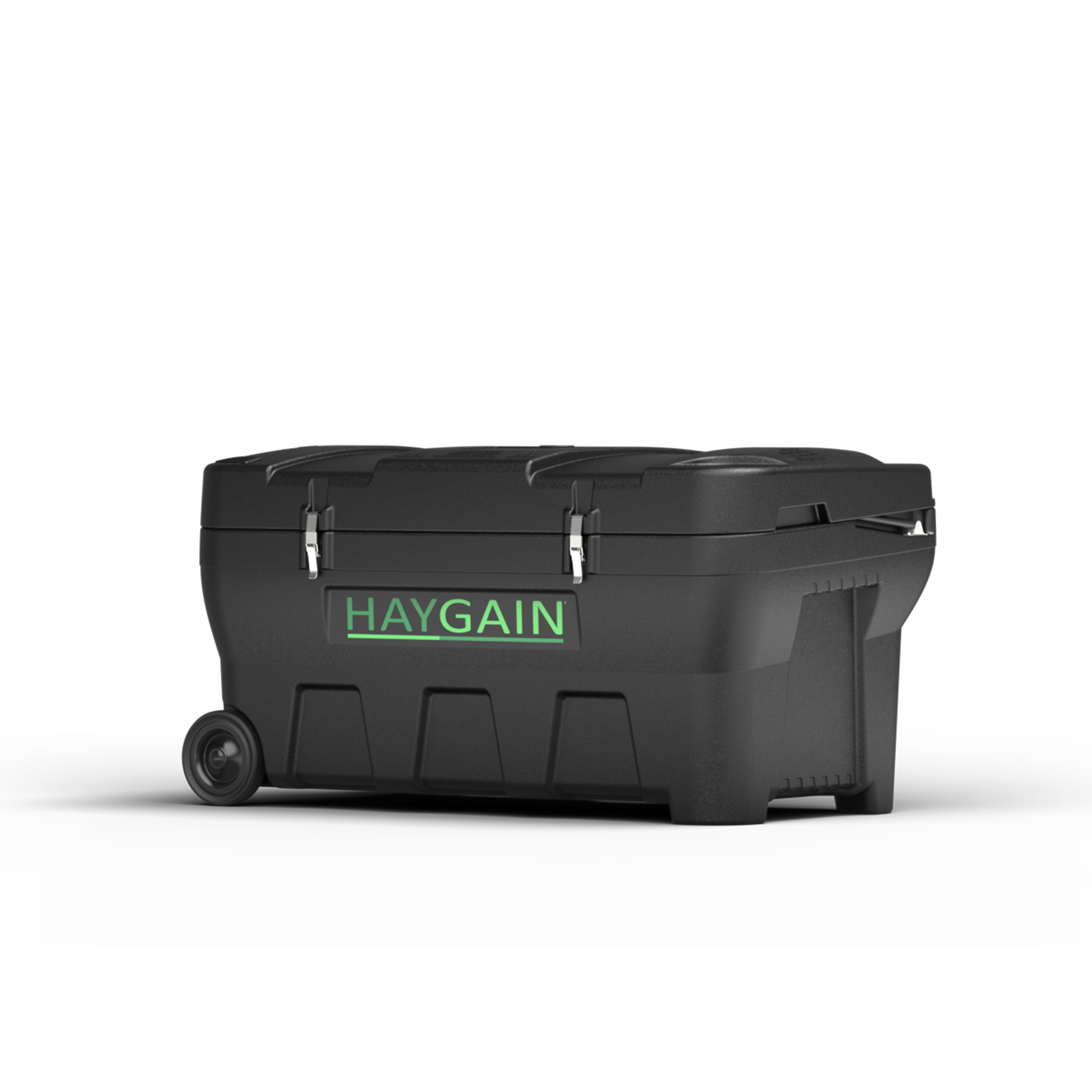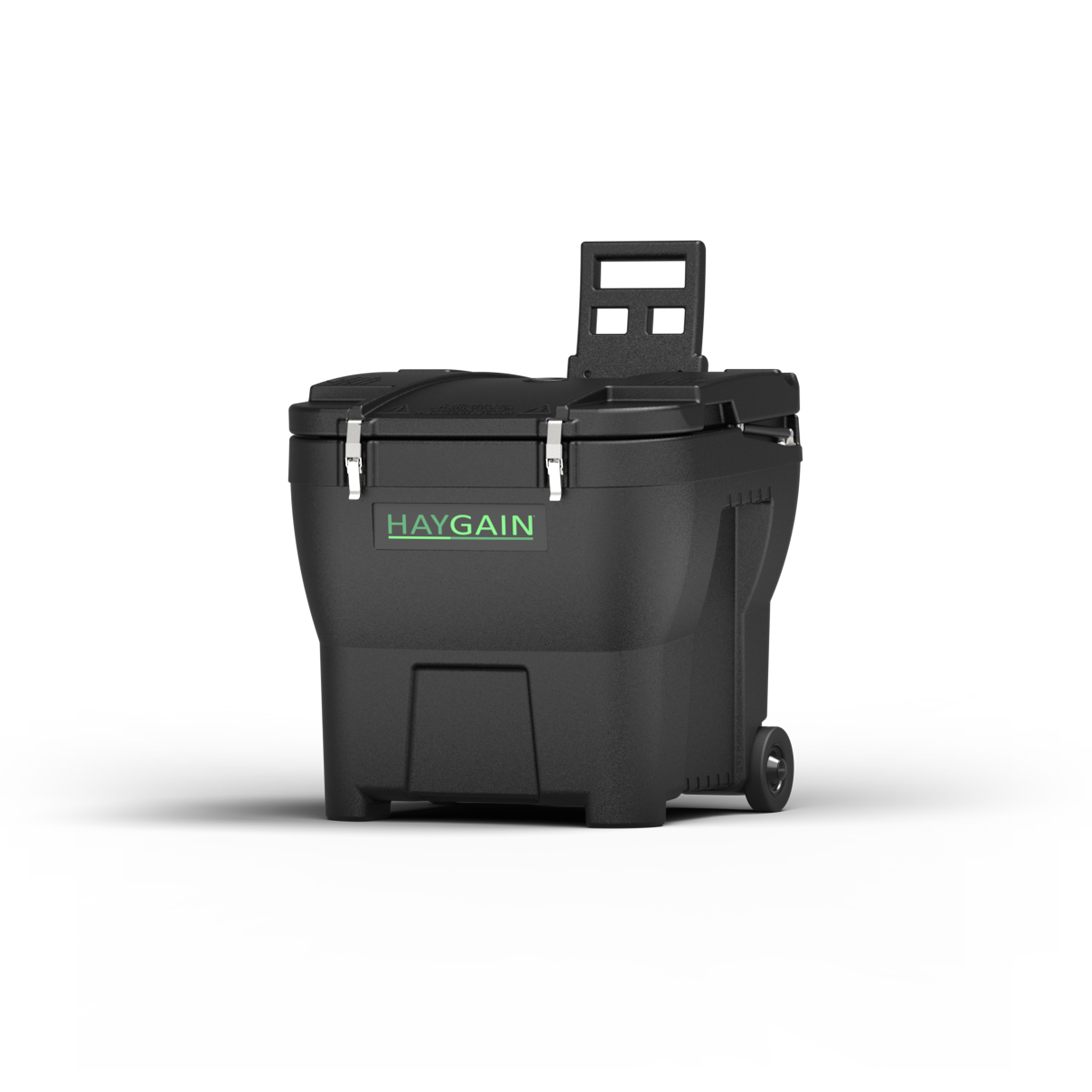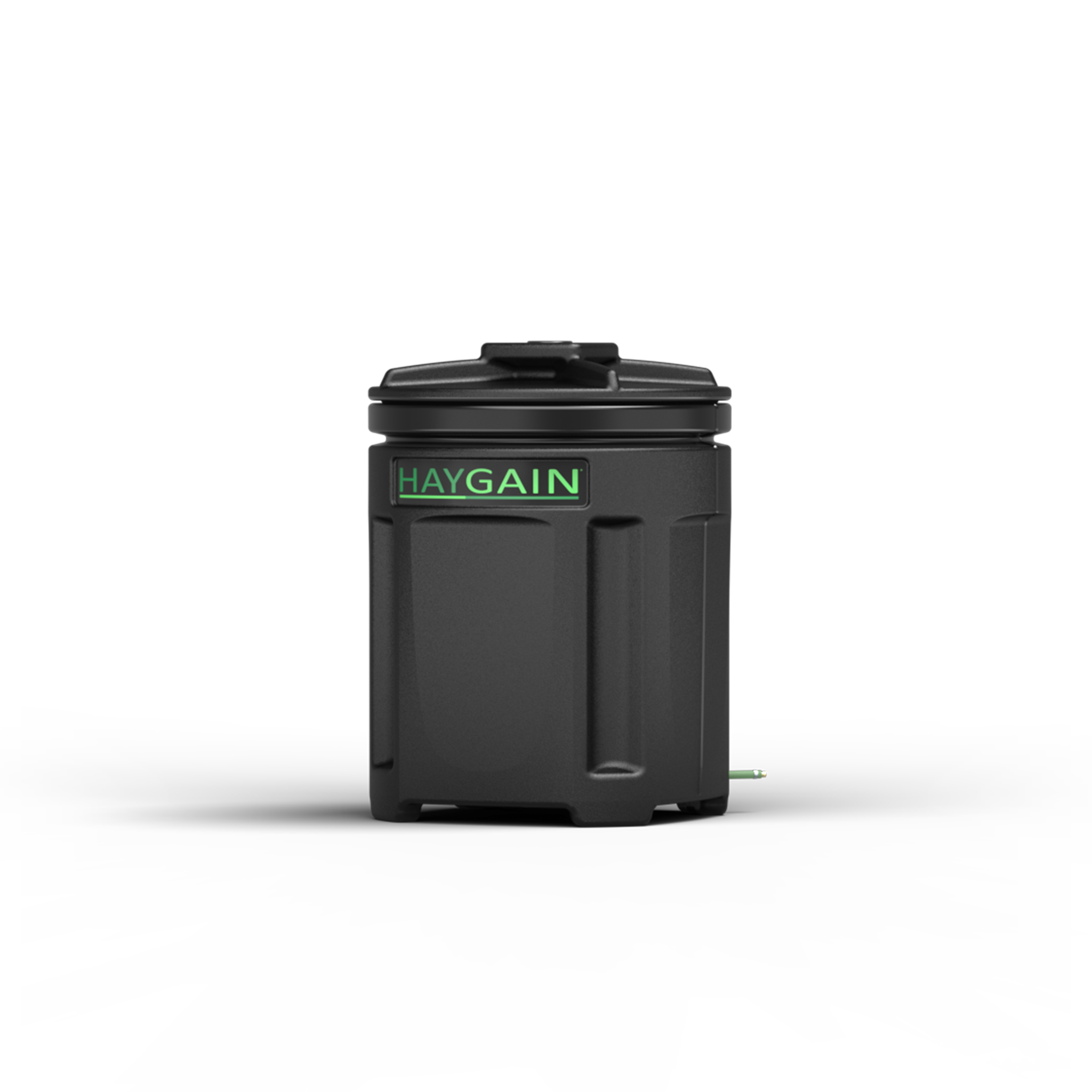Horse asthma

Can Horses Have Asthma?
Yes! And, unfortunately, it’s shockingly common. Over 80% of active horses are estimated to
suffer from some degree of Equine Asthma. After lameness, veterinarians typically look to respiratory function as the most common reason for decreased performance.
A 2018 study of over 700 horses determined that 88% had some level of respiratory disease.
In the past, Equine Asthma has gone by many names. Maybe you’ve heard of COPD, IAD, RAO, and Heaves. These are among the results confronting you as a concerned owner searching for help in this critical area of our horses’ health and well-being.
Current veterinary thought uses the term “Equine Asthma Spectrum” to clarify our understanding of these conditions, and to underscore their similarity to asthma in people.
The Equine Asthma Spectrum is a range of conditions, all caused by the same thing: irritation and inflammation in the upper and lower airway and increased mucus. This restricts our horse’s ability to make full use of its capacity to inhale oxygen and to exhale carbon dioxide.
The range starts with Mild and Moderate Inflammatory Airway Disease and ends with Severe Equine Asthma, aka “heaves” and “COPD.” The first two conditions are usually reversible, while the latter is rarely cured and can usually only be managed to minimise symptoms.
Common Conditions
Over 80% of active sport horses are estimated to have some degree of respiratory challenge. After lameness, veterinarians typically look to respiratory function as the most common reason for decreased performance.
A 2018 study of over 700 horses determined that 88% had some level of respiratory disease.
Steamed Hay supports your horse’s health.
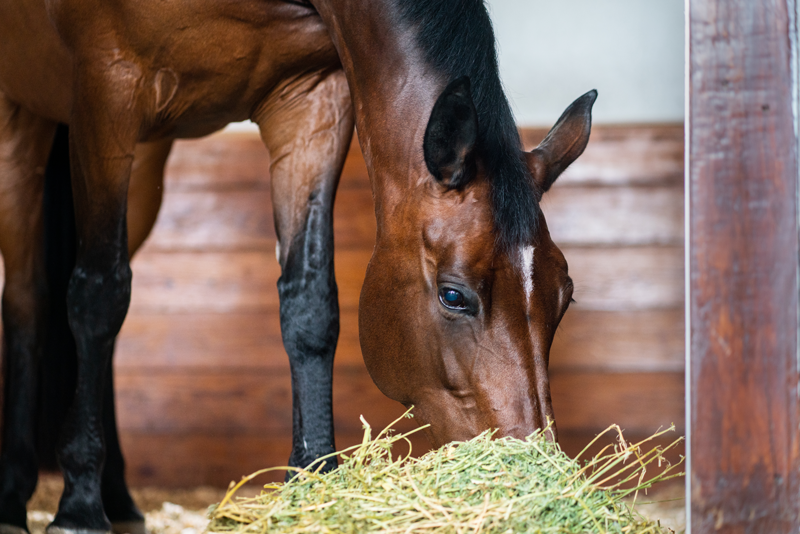

RESPIRABLE DUST
Respirable dust is the main cause of all equine respiratory conditions.
INDOOR STABLING
Exposure to these particles increases with domesticated life and indoor stabling. Hay and bedding, in particular, put large quantities of dust directly in our horse’s breathing zone.
ALLERGIES
A complex mixture of organic matter, these microscopic particles can include bacteria, endotoxins, mites, mold and fungal spores. Small enough to slip past our horses’ defense mechanisms, these bits can activate inflammatory and allergic responses.
Symptoms Can Be
Obvious
Chronic coughing, nasal discharge, laboured breathing, flared nostrils, wheezing,exercise intolerance.
Subtle
Occasional cough, slower recovery fromexercise, decreased performance, increased respiratoryrate at rest, etc.
Non-existent
Equine expert Dr. David Marlin describes several studies in which international-level equine athletes were found to have respiratory disease even though their riders considered them in peak health.
Treatments

Horse Asthma symptoms usually require medical approaches: systematic or inhaled corticosteroids to control inflammation and excess mucus, and bronchodilators to open the airways.
Neither are suitable for long term use. Corticosteroids have side effects and bronchodilators open the airways to more respirable particles that triggered the problem in the first place.
Reducing dust in our horses’ environment is veterinarians’ top advice for preventing and/or managing RAO
Prevention
-
Ensure ventilation
-
Feed clean hay
-
Use low-dust bedding
-
Don’t use leaf-blowers around horses
-
Clean stalls when horses are outside
-
Give maximum outdoor time

Haygain High Temperature Hay Steaming
Reduces up to 99% of the respirable irritants commonly found in forage – even forage of good nutrient content.

The Forager Slow Feeder
Contains clean, steamed hay to prevent contamination.
Allowing the horse to eat with its head in a naturally lowered position enables natural drainage of respirable particles from the upper airway.
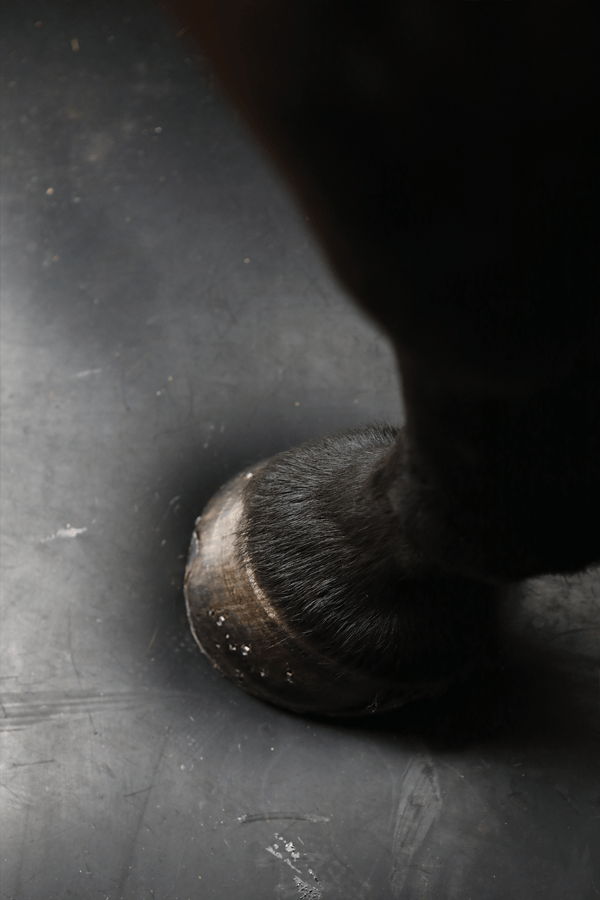
ComfortStall Sealed Orthopedic Flooring
Built-in cushion reduces the need for bedding to only that required to absorb urine.
Single-piece top cover seals to the stall wall. This prevents seepage and accumulation of urine and the related ammonia odor that is another respiratory irritant.
HAYGAIN HAY STEAMERS
-
Haygain HG 2000
Shop nowRegular price £2,780.00Regular priceUnit price / per -
-
